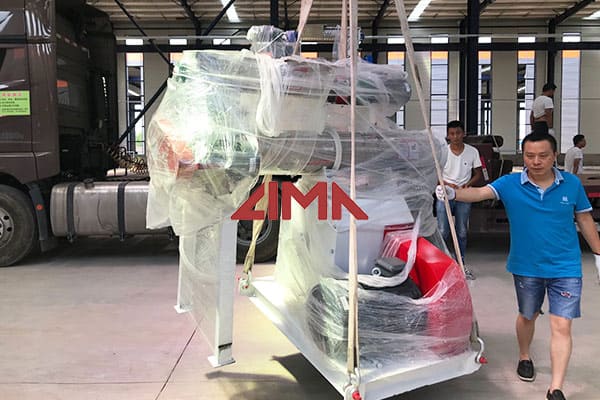
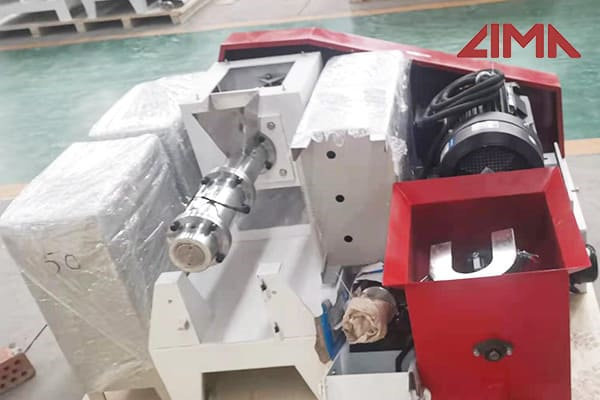
Floating Fish feed pelle automatic production line. Model :LM120. Capacity (kg/h):500kg/h. Main power (kw):55kw. Feeder power (kw):0.6kw. Screw Diameter (mm):Φ80. Cutter power (kw):0.8kw. Machine size (mm):25*2.1*1.9m. Weight (kg):15T.
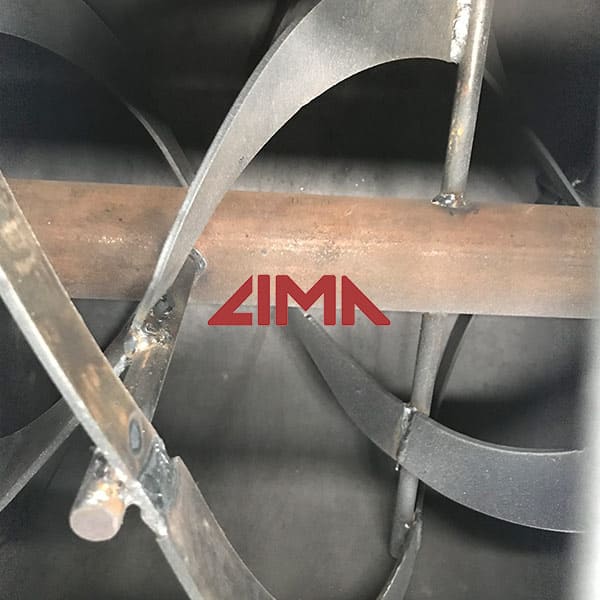
2020-09-23 · Saudi Arabia 5-6T/H Cattle Feed+10T/H Chicken Feed Pellet Production Line. South Africa 10T/H Cattle Feed Pellet Line. Uzbekistan 10-15T/H Chicken Feed Pellet Line. The above is the article for you: 2-3 t/h Cattle Feed Pellet Production Line and Poultry Feed Production Line. If you are interested in our products or project solutions, please contact us.
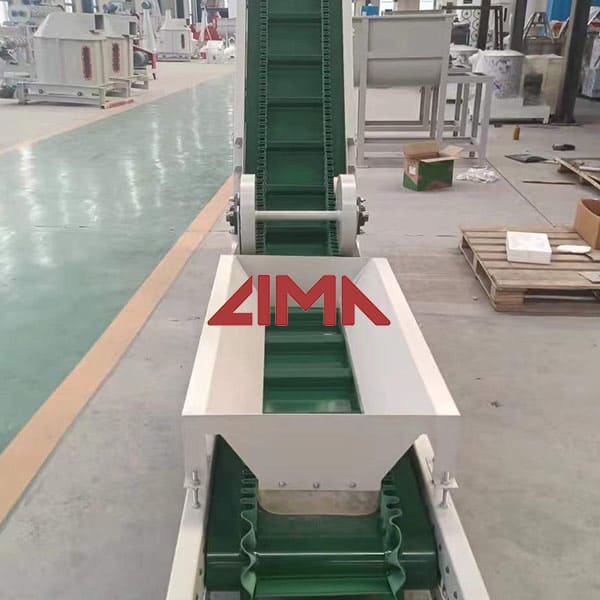
2019-01-07 · What is a Commercial Farmer- South Africa. South African agriculture is comprised of mainly two categories of farmers -- the subsistence farmers in the former homeland areas and the large-scale commercial farmers. This is in contrast with the situation in many other countries in the world where one would find a whole range of farm sizes
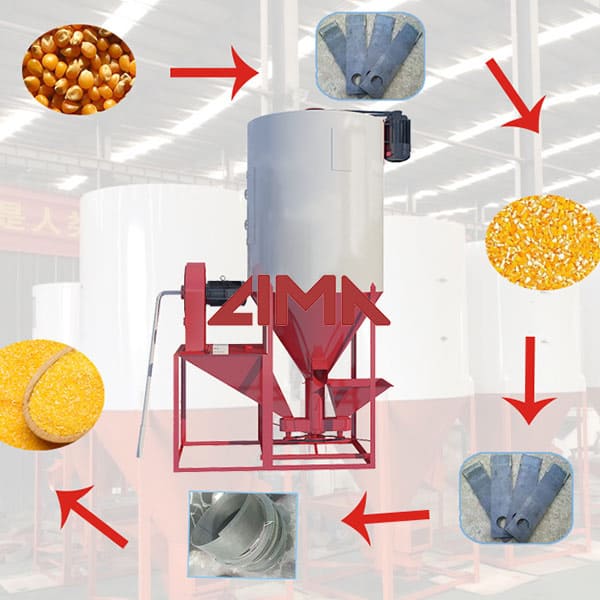
Fish Production: 6,000 lbs. whole tilapia/year (harvest just over 384 lbs./every 4 weeks) System Dimensions: Minimum greenhouse size or area indoors: 42′ x 140′ (5,880 sq. ft.) to accommodate system and optional equipment. Estimated Labor per day: 12 – 15 hours/day in greenhouse. Large Commercial System Cost:
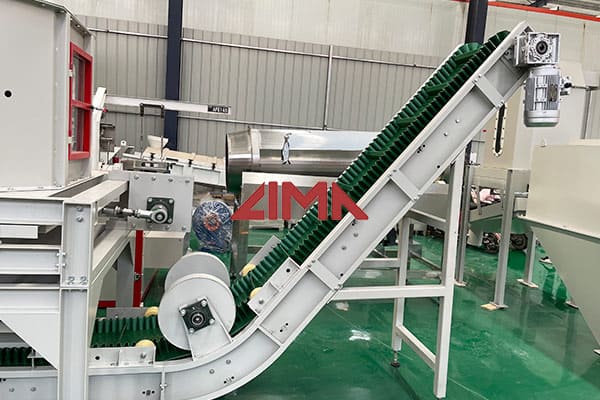
Large-Scale Farm Poultry Chickens Ducks Geese Feed Production Line 1-5 Tons Per Hour, You can get more details about from mobile site on m.alibaba.com
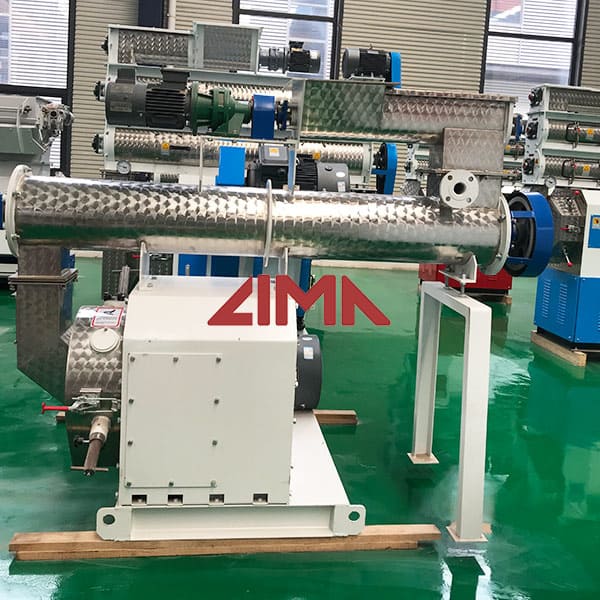
2020-05-19 · Anton and Sharon Kock’s Ember Down goose down and feather business has been built on ethical farming practices, attention to detail and meticulous management. The birds are given high-protein feed to ensure superior quality fibre. Photo: Annelie Coleman. About 12 years ago, Anton and Sharon Kock resigned from their jobs in the banking sector
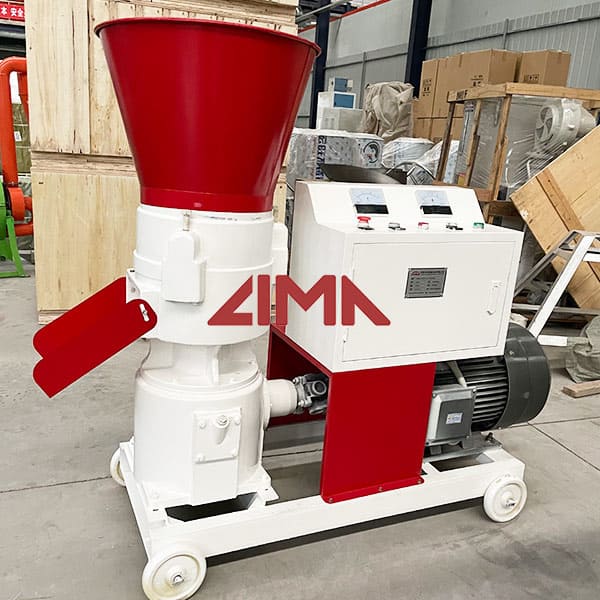
Applicable Materials Shape:Granular,Condition:New,Expanding Method:Without Expansion,Bulking Machine Type:Without Screw Bulking,Pellet Mill Type:Flat Die Pelletizer
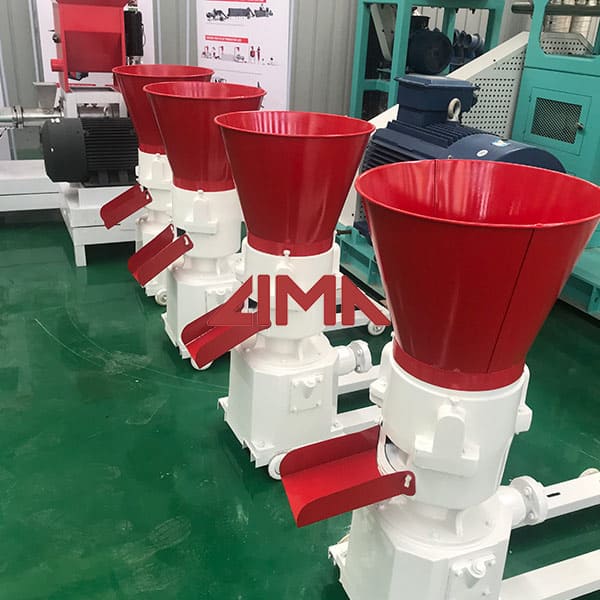
about 1.7 kg of feed is needed. Poultry production has a less detrimental impact on the environment than other livestock, and uses less water. Semi-scavenging backyard indigenous poultry are extremely important in providing income and high-quality protein in the diets of rural people whose traditional foods are typically rich in carbohydrate but low in protein. The vexed

2013-10-25 · The continent's largest poultry meat producers are South Africa, which produces 1.5 million metric tons of chicken meat per year; Egypt with 685,000 metric tons; Morocco with 560,000 metric tons; Nigeria with 268,000 metric tons; and Algeria with 254,000 metric tons. When production figures are compared with the size of the national flock
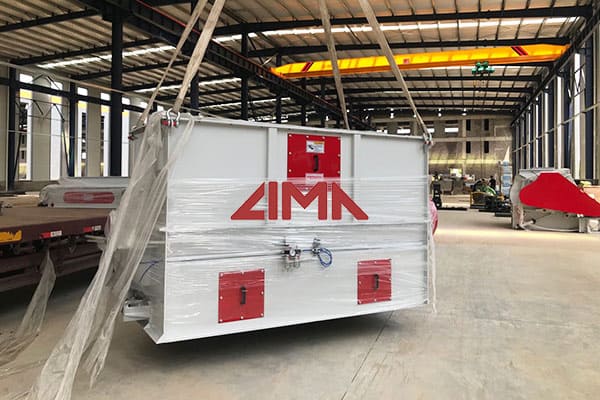
double to feed the expanding population, and production needs to increase using the same or fewer natural resources. In addition, the demand for certain food types will shift as more people become wealthier. South Africans have already shown interesting changes in food consumption since the 1970s. Thanks to increased wealth and postapartheid reforms, the country’s middle
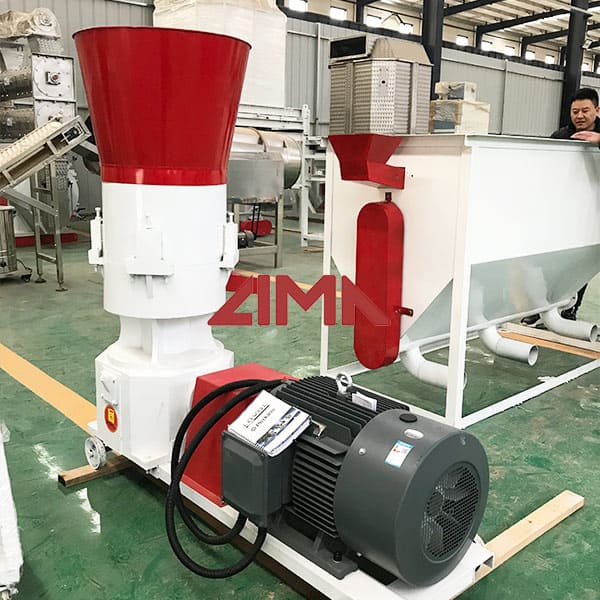
Renewable Energy Feed-In Tariff (2009-2011) The National Energy Regulator of South Africa On the international scale, South Africa ranks as having fair to reasonable wind resources. Wind power is a renewable, widely distributed and clean form of energy. The production of wind energy does not produce greenhouse gases and is an alternative to burning fossil fuels. Gariep
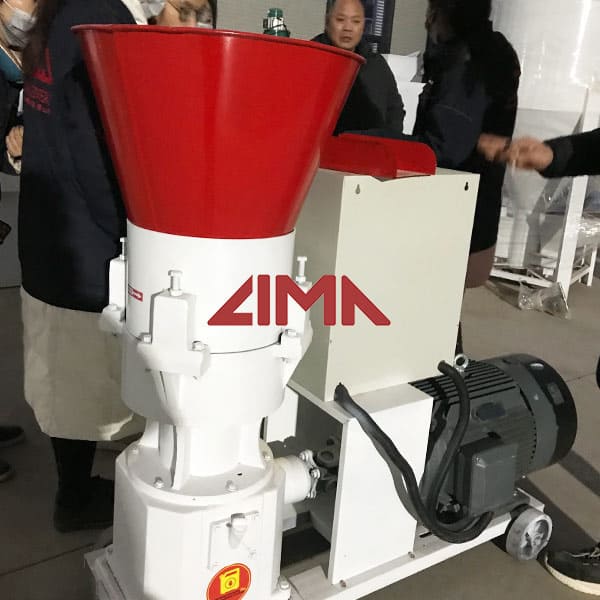
Family poultry is defined as small-scale poultry keeping by households using family labour and, wherever possible, locally available feed resources. The poultry may range freely in the household compound and find much of their own food, getting supplementary amounts from the householder. Participants at a 1989 workshop in Ile-Ife, Nigeria
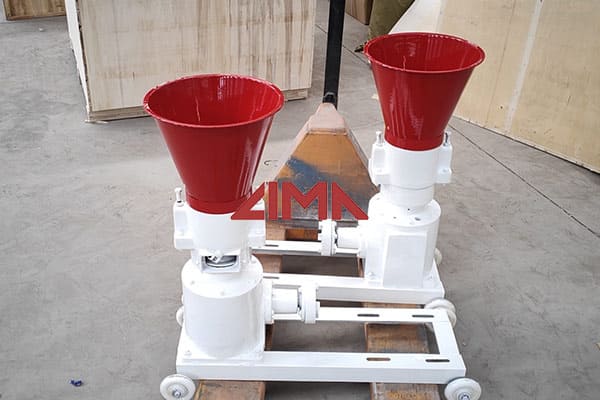
On an average, broiler poultry needs about 2.5 square feet space and layer poultry needs about 4 square feet space. For example, if you want to raise 200 layers then you have to ensure about 800 square feet space is available. About 4 square feet space is required per bird in cage system.
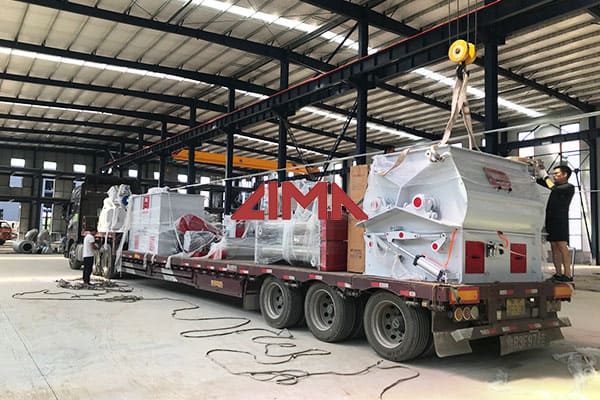
Today, for large – scale commercial production they do not produce enough eggs nor do they grow fast enough for meat production they eat too much feed they are not very efficient in converting feed to eggs and meat Dual purpose breeds may have a role to play where it is not possible to get better breeds or conditions are not ideal or feed is not of the best quality